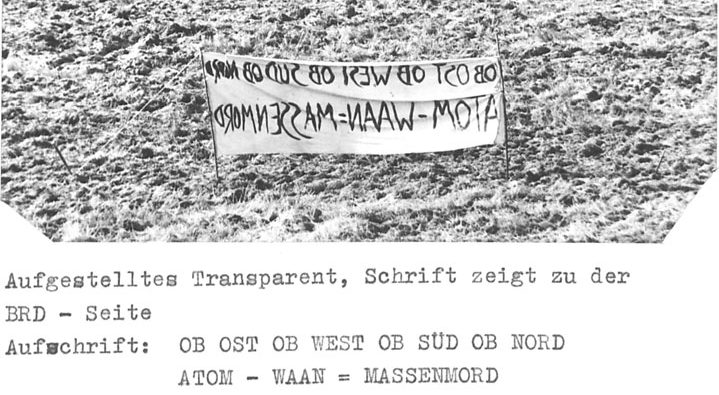
Article published in Contemporary European History, vol 25, no. 1 (February 2016), 117-142.
Abstract: During the 1970s opposition to nuclear energy was present in countries around the world and thus eminently ‘transnational’. But what did it mean to participate at the grassroots of such a transnational movement and (how) did cross-border connections change protest? This article answers these questions by differentiating three categories of transnational engagement that were accessible to grassroots activists. ‘Thinking transnationally’ involved extrapolating from, decontextualising and recontextualising limited information in order to rethink one’s own situation. ‘Acting transnationally’ entailed accessing transnational spaces; it therefore required more mobility, but could be useful as a means of challenging and deconstructing state power. Intermediaries at the grassroots engaged in ‘being transnational’, which affected their personal and political identities as well as life histories. These examples of transnational agency illustrate how grassroots activists, including some without vast wealth or institutional resources, participated in transnational processes in ways that enriched, but also complicated protest.